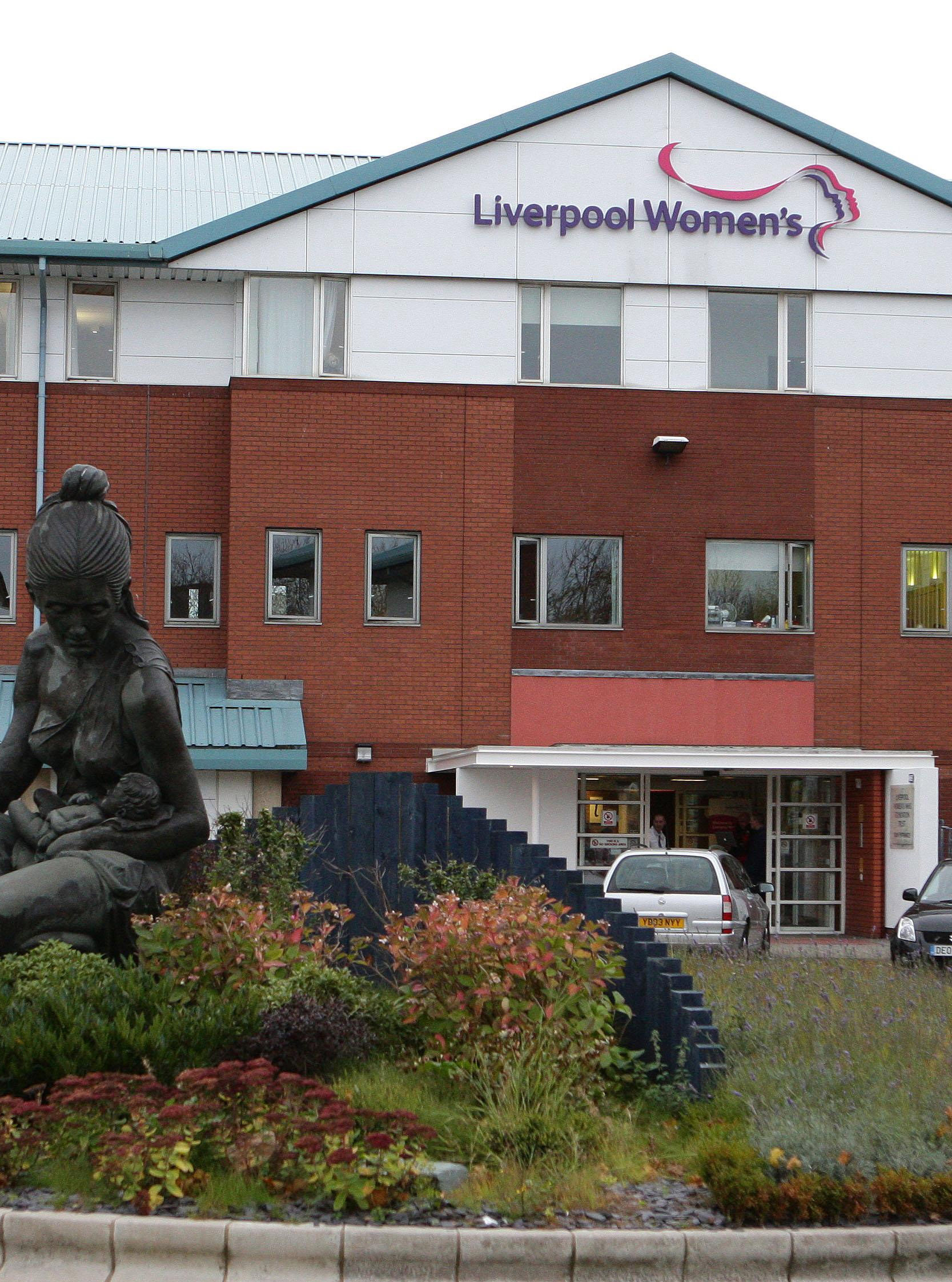Liverpool Women's Hospital will be first to offer new fertility test
UK hospital is first in Europe to offer a revolutionary type of fertility test

UK hospital is first in Europe to offer a revolutionary type of fertility test
Liverpool Women's Hospital has become the first in Europe to offer a new fertility test. The test, which is known as the 'Early Embryo Viability Assessment test' (Eeva), can tell in 48 hours if an embryo is likely to survive and it's up to 85 per cent accurate.
The techology means doctors can put the strongest embryos back into patients’ wombs, therefore increasing the chances of a successful pregnancy.
Financial costs of IVF will also be lessened for those who go through repeat cycles.
Professor Charles Kingsland, lead consultant at the Hewitt Fertility Centre and consultant gynaecologist at the Liverpool Women’s NHS Foundation Trust, called it 'potentially the biggest breakthrough in IVF in the last 10 years'.
Describing the new test as 'revolutionary', he added: 'You can never predict whether someone will have a healthy baby, but what it can do is predict with 85% accuracy which embryo is likely to result in pregnancy without touching it.'
The test costs £800 for private patients, or less on the NHS if patients will pay for it themselves.
Celebrity news, beauty, fashion advice, and fascinating features, delivered straight to your inbox!
The leading destination for fashion, beauty, shopping and finger-on-the-pulse views on the latest issues. Marie Claire's travel content helps you delight in discovering new destinations around the globe, offering a unique – and sometimes unchartered – travel experience. From new hotel openings to the destinations tipped to take over our travel calendars, this iconic name has it covered.